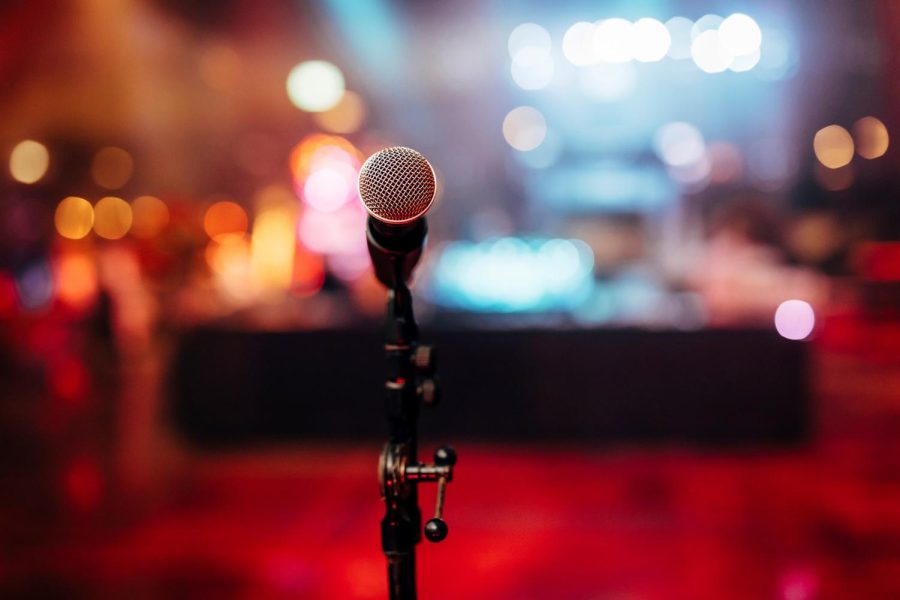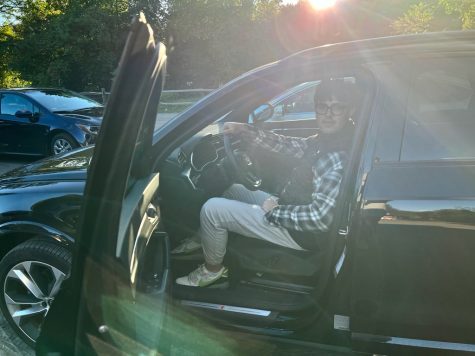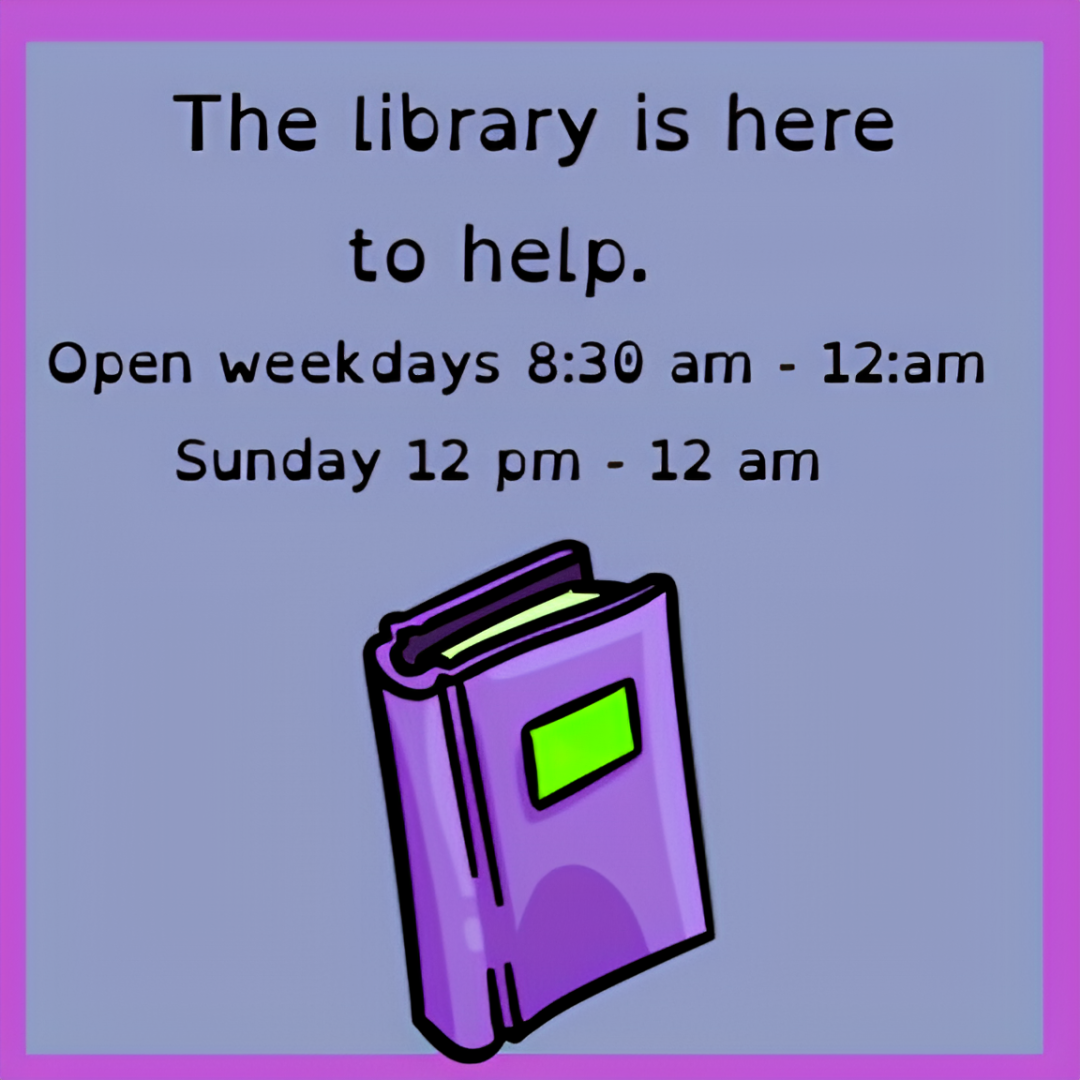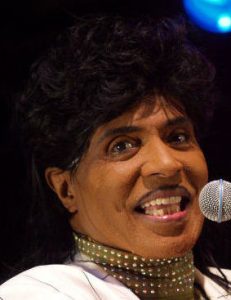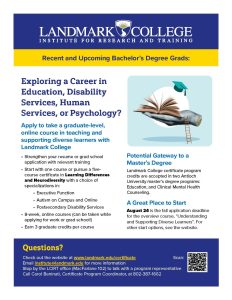Singing and Connecting with Karaoke
As we enter the endemic phase of COVID, students are returning to karaoke as a way to connect.
October 25, 2022
Landmark College students participate in the karaoke club at the student center on Mondays from 8 to 9pm. This has taken place ever since the start of the semester. Students join the club for the love of music and singing, the way that it brings people all together, and how it creates different friendships and bonds. I was so drawn into the music that I decided to interview two students who are actively participating in the club. Yair White, a fourth semester student who started the club noted, “So, I love music, I always have. I enjoy singing. I know music brings people together. And so, I thought if, during my time working with people saying, you know, bring new friendships and bring music, marginally more people love music. And I just thought it’d be fun.”
After COVID restricted social gatherings, karaoke is yet again gaining popularity across the globe, whether it is at clubs, nighttime events, or in schools.
Karaoke originated in Kobe, Japan in the early 70’s and has a rapid popularity growth. However, most people don’t understand the meaning of the word, karaoke, which is “empty orchestra” in Japanese. According to a Time article, published in 2021, karaoke had always been a way for people to escape—until COVID hit. For instance, there was a book club of Asian American female writers in San Francisco, California, who kicked off by doing karaoke with one another in the year 2016. Their meetups, just like every other social activity, stopped with the COVID crisis given worries about how contagious the virus was. Karaoke was mostly unachievable online. Pre-pandemic, karaoke was a fun, silly, way to release anger and concerns over work and family life.
People, however, have found a way to experience freedom once again and have newfound gratitude and relief. As COVID restrictions eased, elation replaced unreliability and people began to make their way back to bars and restaurants. These places started to reopen at limited capacity. To exhibit their own comfort level, patrons even ordered cocktails and turned pages of the enormous binders of songs and artists to write down their demands.
Karaoke doesn’t just take place in restaurants and bars, but it also happens in colleges.
Now that karaoke is back at Landmark College, students can sing together again in a safe and supportive manner. Even COVID couldn’t prevent it from coming back. Luke, one of the participants in the karaoke club, remarked, “I just really love how everyone is inclusive and supportive and not judging, like not judgmental of the way people sing. Everyone is just basically very encouraging of one another.”
People’s love of karaoke will remain alive.


